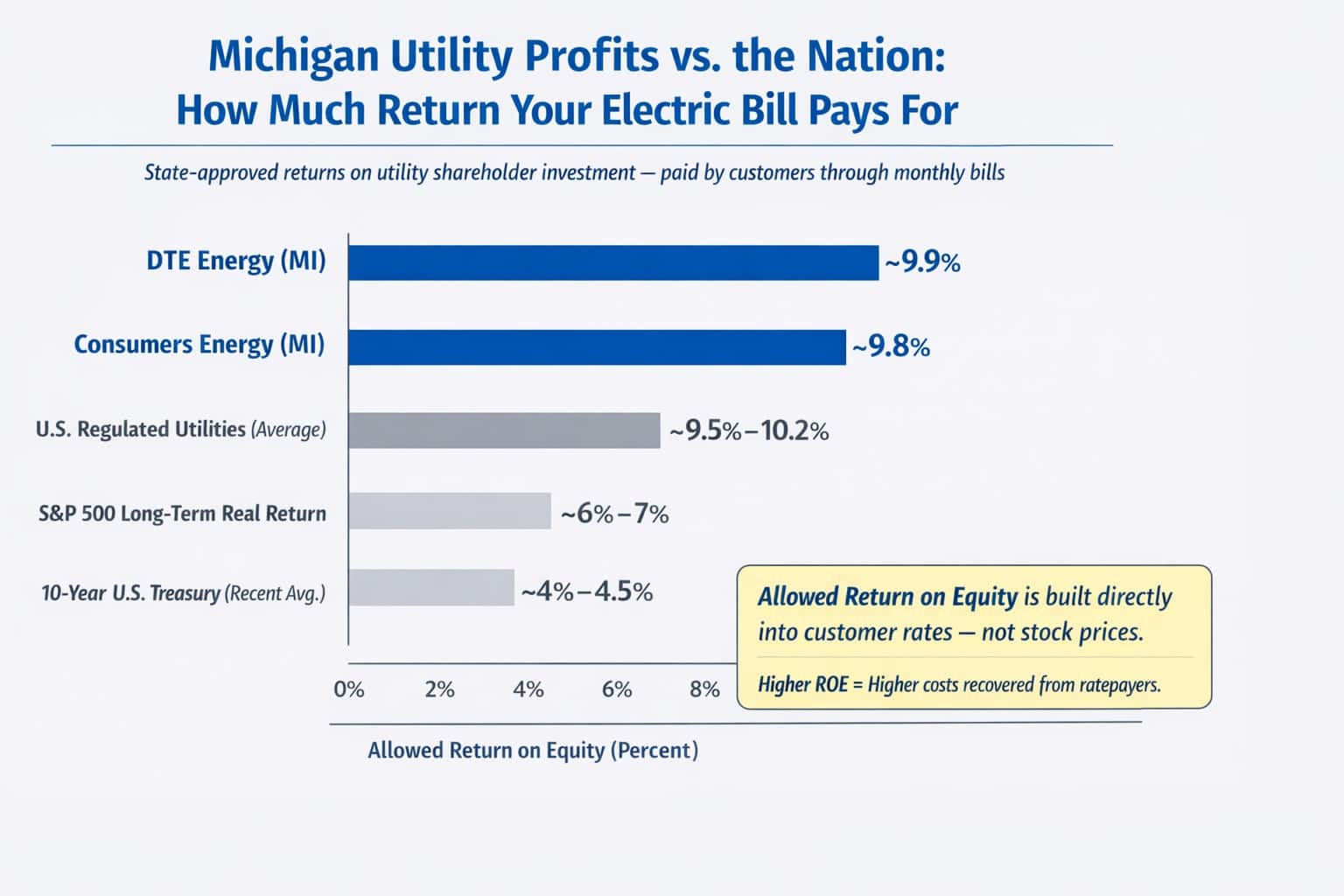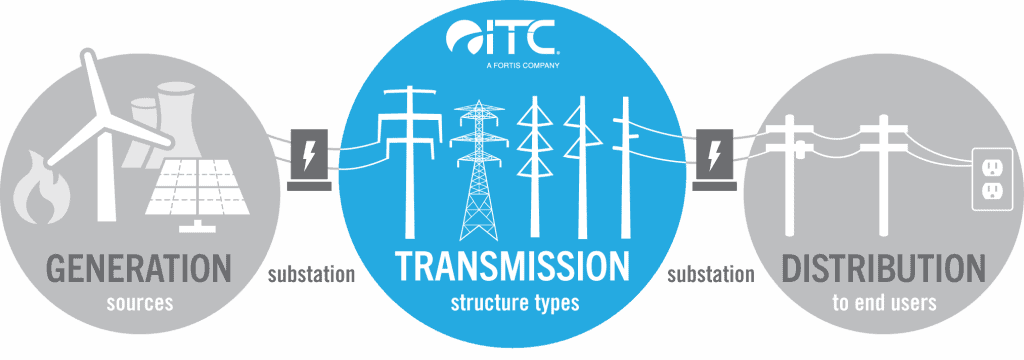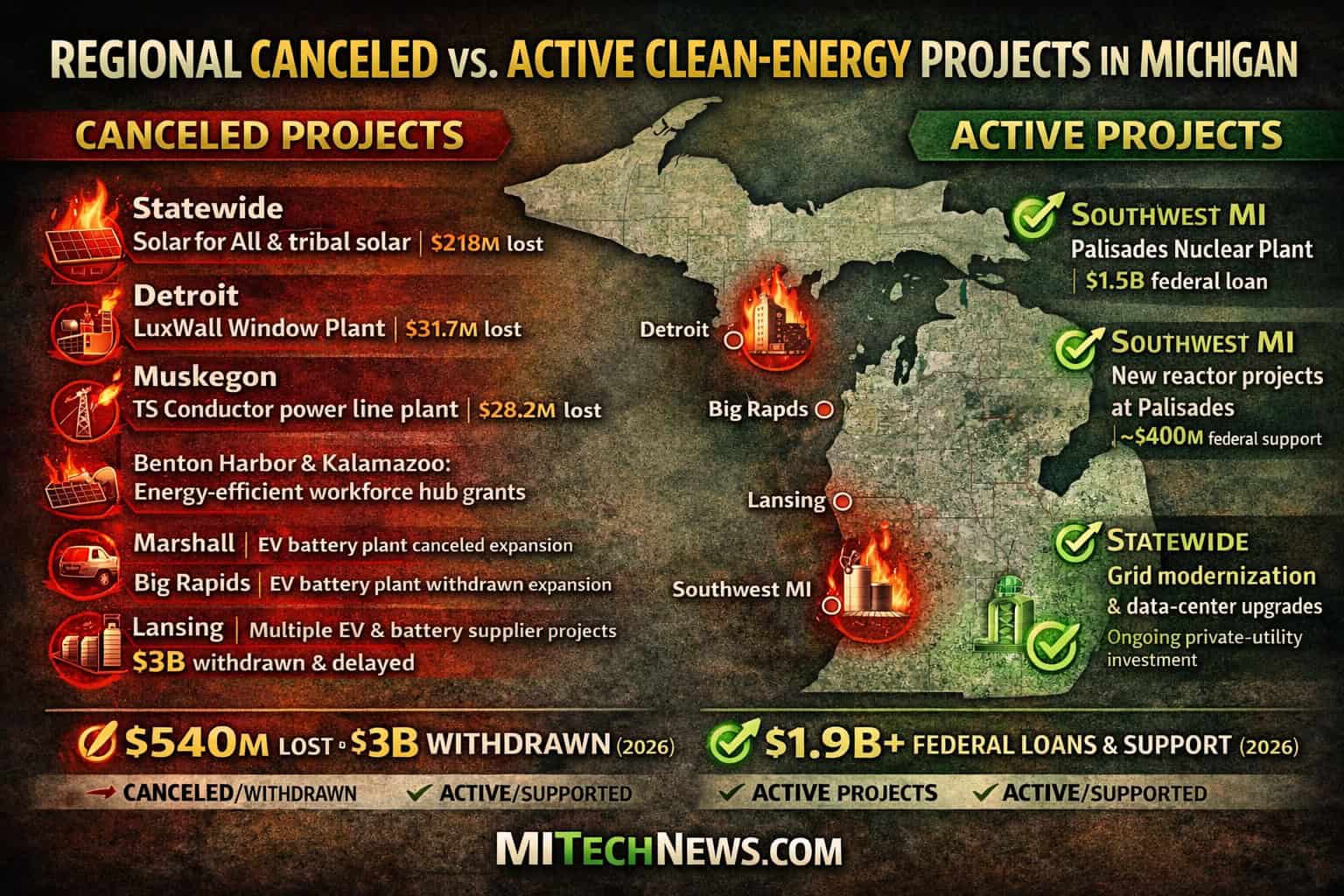LANSING – While Michigan House Republicans are confident they have found a long-term solution for the funding of heating assistance for the poor, the funding of energy efficiency projects that used to come out of the same pot of money will be much different.
The plan that Rep. Kenneth Horn (R-Frankenmuth) came up with after the Legislature approved a short-term solution on the last day of voting in December, would take unexpected federal funds and pool it with the newly created Vulnerable Household Warmth Fund. The leftover funds each year would be pooled annually with federal heating funds for the poor that come to the state, so that utility ratepayers will no longer have to pay a surcharge on their bills to support those efforts.
But the old Low-Income and Energy Efficiency Fund, as the name of it indicates, also provided funding for energy efficiency projects, and the new fund will not.
“Those will have to go through the appropriations process,” said Horn, chair of the Energy and Technology Committee.
House Speaker Jase Bolger (R-Marshall) said he is supportive of Horn’s efforts to lower rates and protect the most vulnerable while removing the funding stream for those other projects.
“It’s been a great concern to the (Republican) House caucus that those dollars not be spent on… special projects,” Bolger said. “Our concern is why we even have projects that are like that. As you look at the projects, you shake your head at some of them and say, ‘really, we’re increasing everyone’s utility rates to do these kind of projects?’ And it doesn’t seem appropriate.”
After Governor Rick Snyder signed into law the short-term solution in December, the Public Service Commission had to vacate its previous order that had awarded a $5 million grant to the Michigan Community Action Agency Association and a $5 million grant to the Clean Energy Coalition.
PSC Spokesperson Judy Palnau said those groups had not received any of the money, and the work that the groups had been doing had come from prior grants from LIEEF.
The Michigan Community Action Agency Association was going to use its $5 million on a two-year pilot program for up to 2,000 low-income customers of DTE Energy.
For those who were already behind on their payments, Community Action would work in conjunction with the utility to find customers willing to participate and then provide them with financial and energy education. Those customers would also have weatherization work done on their homes to reduce their future bills, while also learning ways to keep their bills low and budget properly to pay those bills.
After the two years, the agency hoped to have enough information to present the idea as a rate case for those well below the poverty line to have their bills based on a percentage of what they could pay, rather than their usage, to avoid shutoffs, executive director Jim Crisp said.
Once the funding was eliminated in December, he said DTE told him it would take the project in-house and conduct it on a smaller scale.
Sean Reed, executive director of the Clean Energy Coalition, said they were in the middle of projects in Detroit, Hamtramck, Highland Park, Flint, Benton Harbor, Saginaw, Muskegon and Pontiac, when the funding was cut.
“It’s a waste to have invested this money and materials and not complete the projects,” he said. “It’s just a real tragedy.”
With the rest of the $5 million grant, they were planning to do other work, including a contract they had to assist with energy efficiency projects for any municipality that came under an emergency manager.
“(Those cities) stood to save millions of dollars,” Reed said.
For other projects that were already underway and are now on hold because of the money that was cut off, Horn said he is working with Rep. Jeff Irwin (D-Ann Arbor) on a solution.
“He is the only person from that side of the aisle that has come to me on that issue,” Horn said. “I want to help him with his problem.”
Irwin often points to the case of the solar panels that have already been purchased and were ready to be installed on the 36th District Courthouse in Detroit, but are now sitting in a warehouse in Brighton because the money dried up.
“They’ve already gotten so far in the process, it would be a huge mistake to leave them sitting in a warehouse,” Irwin said.
Horn said he has a similar problem in his area, where a solar array for a department of public works building is half done.
Horn said he is planning to hold a committee hearing January 17 on the topic of energy performance contracting. He said these contractors can work with municipalities on energy audits and help determine how they could save energy and then connect them with resources like grants and low-interest loans to be able to afford to have the work done.
“We have to find people that have a problem to solve and connect them with people that know how to solve problems,” Horn said.
But Crisp said the plan Republicans are pushing doesn’t fix the root problem, it simply puts money in a fund each year to give to people who can’t pay their bills.
If there isn’t money available to help educate those customers and weatherize their homes, the problem will just continue.
“Those same people would be coming back in time and again,” he said.
Irwin agrees.
“When you’re spending money every year to help people pay their bills, it makes a lot of sense to go into those building and reduce the long term costs of heating and cooling them,” he said. “It’s one of the few programs in state government that generates real meaningful savings.”
Bolger’s spokesperson, Ari Adler, said those projects will have to be evaluated on the quality of what they are doing, and said some may have some long-term effect.
“But it is large enough that it warrants the tax dollars being used in that way?” Adler said.
There are many things that might be good ideas, he said, but lawmakers will have to look at where those ideas rank on the priority list for Michigan taxpayers.
This story was provided by Gongwer News Service. To subscribe, click on Gongwer.Com
a>>






